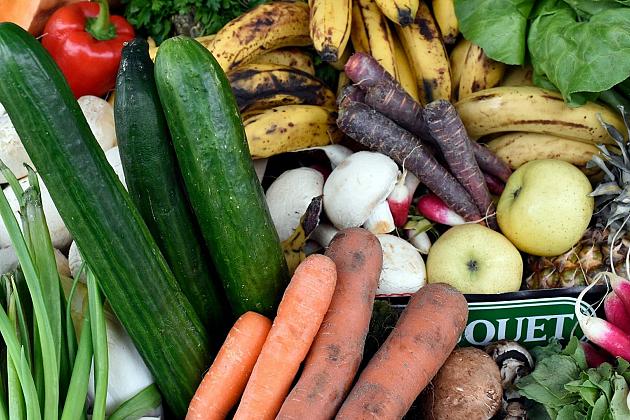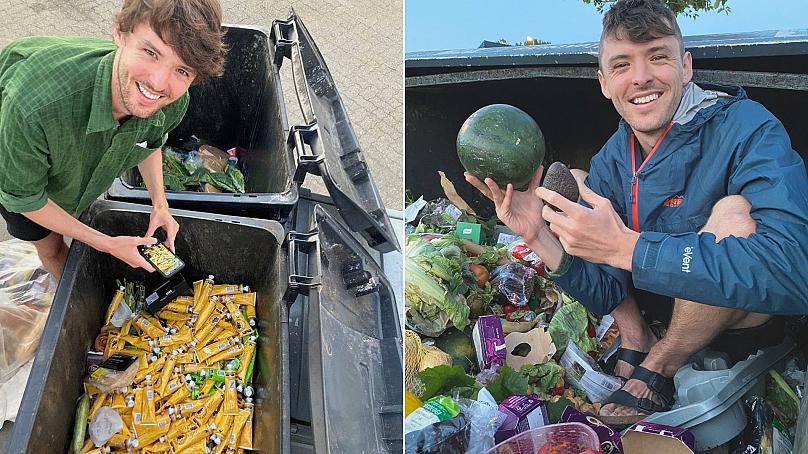Why supermarkets need to be taxed for food waste
I’m food waste campaigner, Matt, and I dumpster dive to expose retailers’ shocking business practices.
Since starting my Instagram page, An Urban Harvester, in 2019, I have seen all manner of discarded produce, from piles upon piles of bread loafs to pristine fruit and vegetables which should never have been trashed.
Despite recently winning a United Nations prize for my activism, I still don’t feel victorious as I pose for yet another photo atop of yet another food waste mountain, on a daily basis.
Discovering supermarkets’ dirty secrets
Over these last two years, I have realised that even though global food waste is a complex issue, it is being tackled irrationally. While key reports such as the 2021 United Nations Environment Programme Food Waste Index do cite supermarkets as part of the problem, most blame is laid at the door of the consumer.
Yet the commercial supply chain’s food waste is an entirely separate issue and arguably much bigger.
This is because companies embed food waste into their profitable business models, whereas consumers are just chucking their own wages out the window when wasting food at home.







